Dealing with a toothache can be an incredibly painful and uncomfortable experience. It can make simple tasks like eating or speaking a challenge and greatly impact our overall well-being. While it’s always best to seek professional dental care, there are natural remedies that you can try at home to alleviate toothache pain. These are 11 natural toothache remedies that can offer temporary relief and support dental health.
What is a Toothache and Potential Causes
A toothache refers to mild to severe pain experienced in or around the teeth and jaws. It is often a result of tooth or gum problems. Toothaches can occur due to various reasons, including dental decay, cavities, gum infections, tooth fractures, abscesses, or even sinus infections that can cause referred pain to the teeth. It’s important to identify and address the underlying cause of a toothache to alleviate the pain and prevent further complications effectively. (1)
11 Natural Toothache Remedies
If you are experiencing pain in your teeth, it is always a good idea to go and see a dentist. While natural remedies can help to relieve pain and even temporarily solve the problem, whatever is causing your toothache will likely come back. The longer you go without treatment, the worse your situation can get. You will also want to make sure your toothache isn’t from an underlying health problem that could be serious. That being said, there are ways to help you temporarily relieve the pain and discomfort until you can get professional treatment. (2)
1. Saltwater Rinse
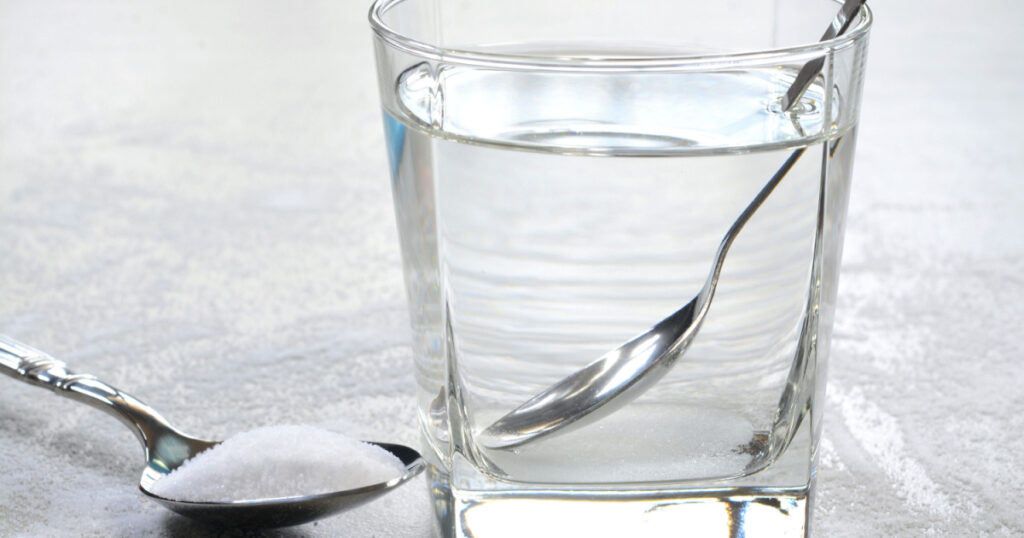
A saltwater rinse can be an effective first-line treatment for a toothache. Mixing half a teaspoon of salt into a glass of warm water and using it as a mouthwash can help reduce inflammation, disinfect the area, and ease discomfort. Be sure to spit the salt water out rather than swallowing it.
2. Hydrogen Peroxide Rinse
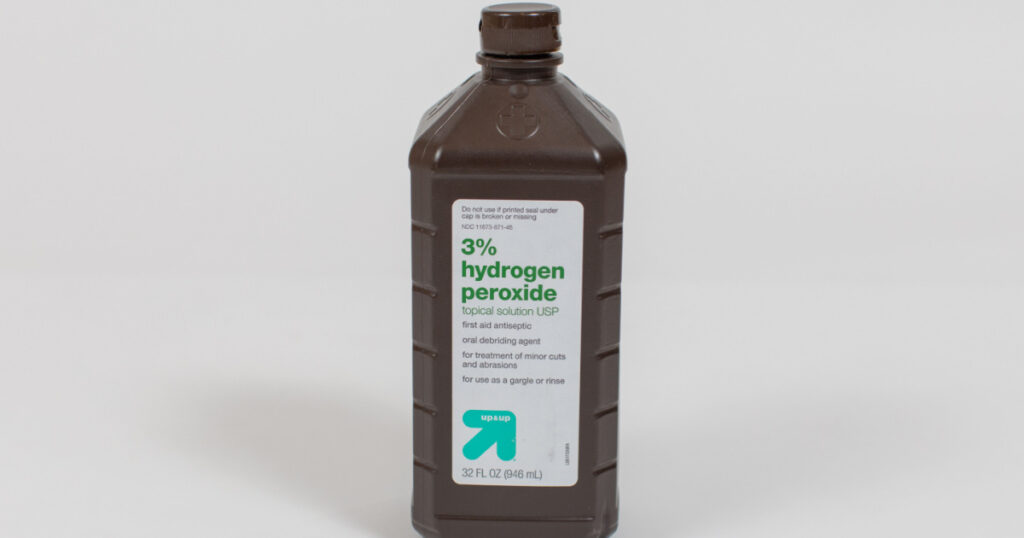
A diluted hydrogen peroxide rinse can help relieve pain and inflammation. Mix equal parts of 3 percent hydrogen peroxide and water, then use it as a mouthwash to kill bacteria, reduce plaque, and heal bleeding gums. Again, spit this mixture out rather than swallowing it.
3. Cold Compress

Applying a cold compress to the affected area can provide relief by constricting blood vessels, reducing pain severity, and minimizing swelling. Wrap a towel around an ice pack or a bag of ice and hold it against the cheek adjacent to the painful tooth. Always include a layer of protection between your skin and the ice so as not to damage your skin.
4. Peppermint Tea Bags
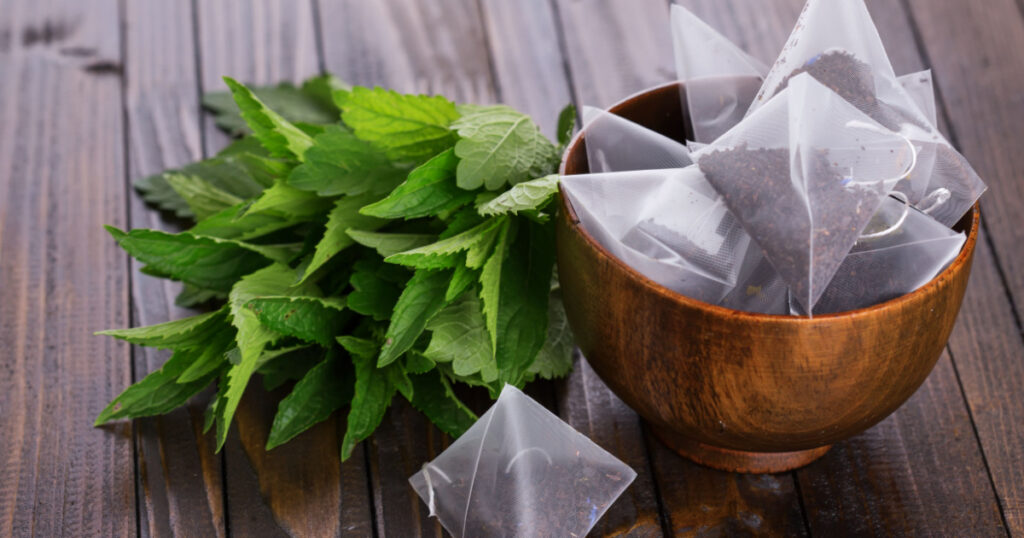
Peppermint tea bags can numb pain and soothe sensitive gums. Allow a used tea bag to cool down slightly, and then apply it to the affected area. Alternatively, you can chill the tea bag in the freezer before using it.
5. Garlic
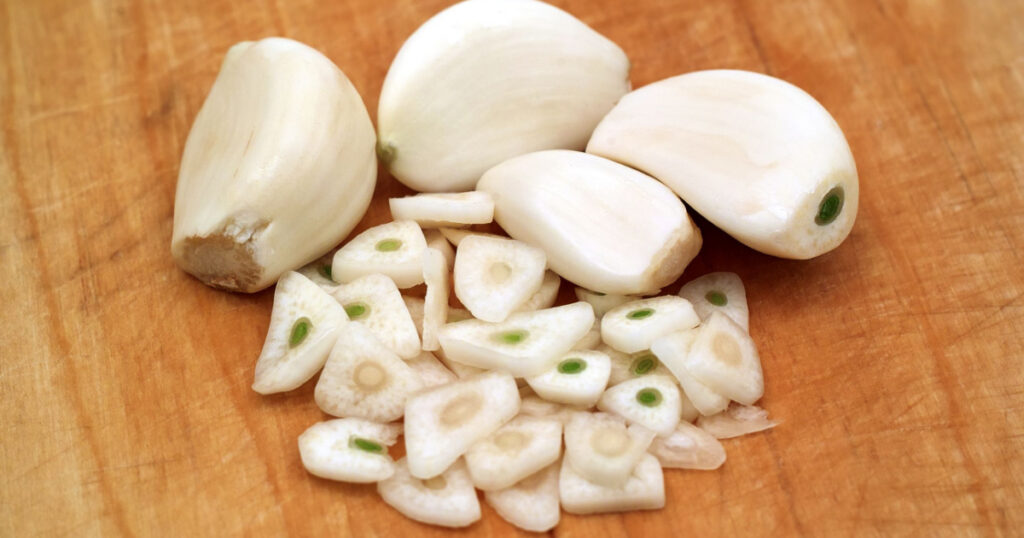
Garlic has been used for its medicinal properties for centuries. It has antibacterial and pain-relieving properties. Crush a garlic clove to create a paste and apply it to the affected area, or slowly chew a fresh garlic clove.
6. Vanilla Extract
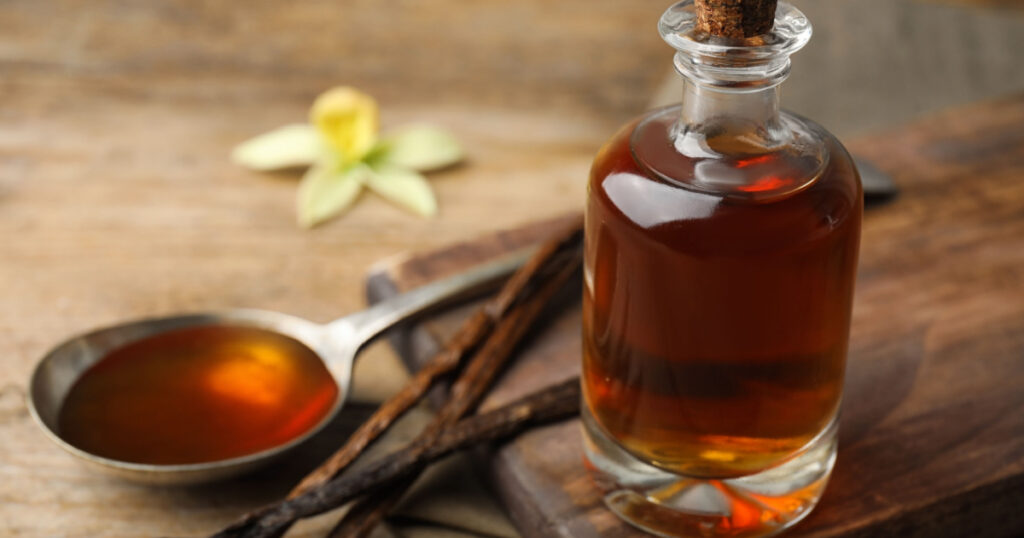
Vanilla extract contains alcohol, which can help numb pain, and its antioxidant properties aid in healing. Apply a small amount of vanilla extract onto a finger or a cotton ball, then apply it directly to the affected area a few times daily. Make sure that you have real, pure vanilla extract, not the fake vanilla flavoring you will find at most grocery stores.
7. Clove
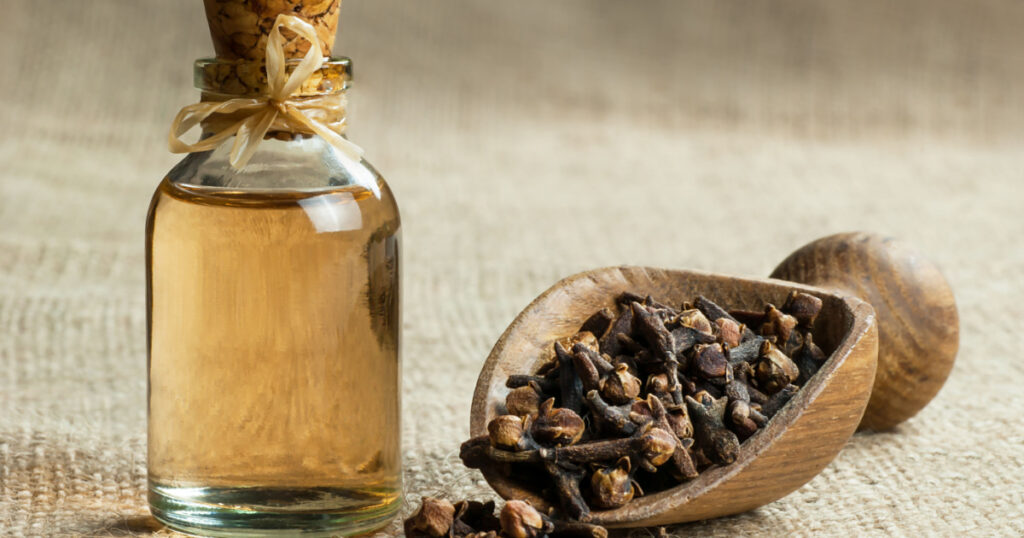
Clove has a long history of use for toothaches due to its numbing and anti-inflammatory properties. Dilute clove oil with a carrier oil (for example, coconut oil) and apply it to the affected area. You can also make a mouthwash by adding a drop of clove oil to a small glass of water.
8. Guava Leaves
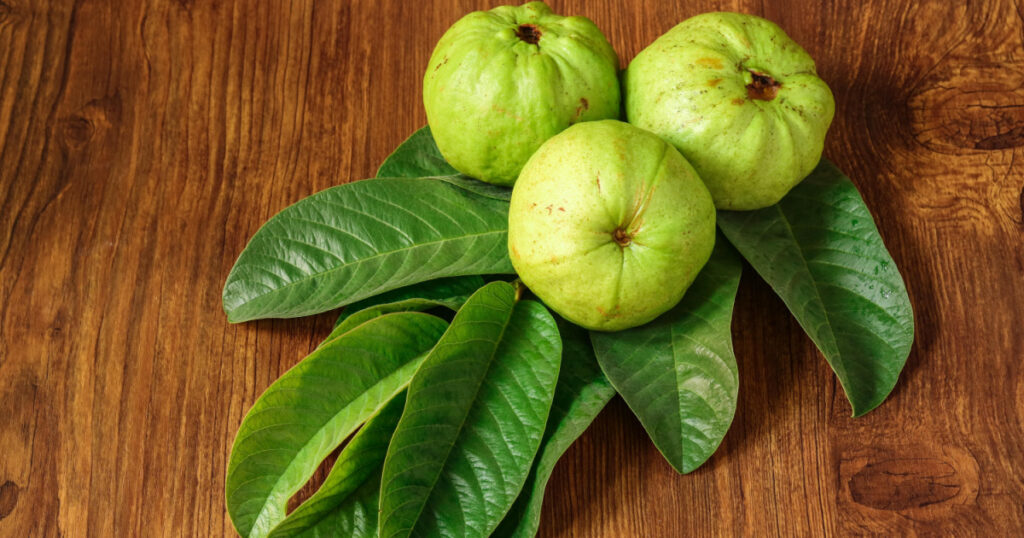
Guava leaves possess anti-inflammatory and antimicrobial properties that aid in healing oral wounds. Chew on fresh guava leaves or make a mouthwash by boiling crushed guava leaves in water.
9. Wheatgrass
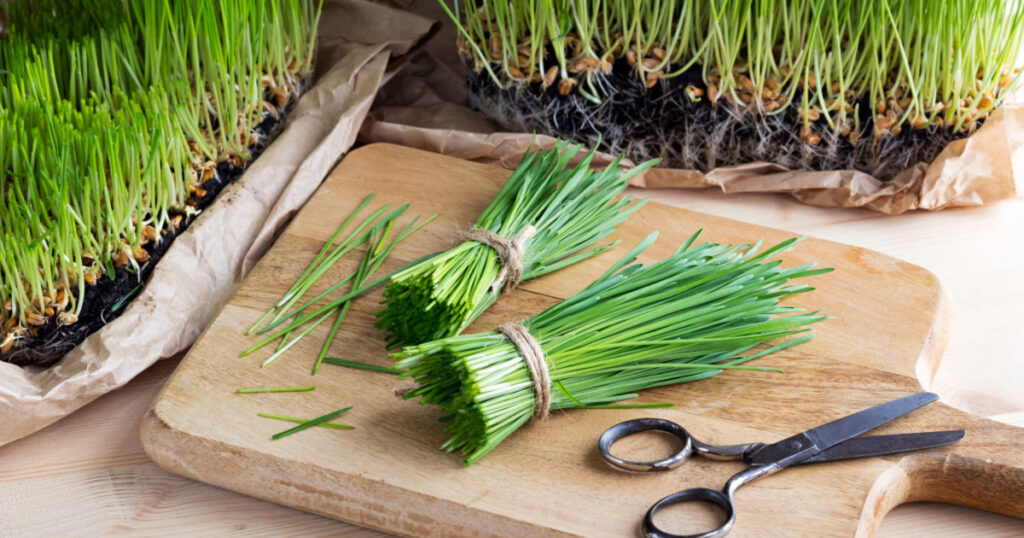
Wheatgrass is known for its anti-inflammatory and immune-boosting properties. It can help fight bacteria and promote oral health. Drink wheatgrass juice or use it as a mouthwash.
10. Thyme
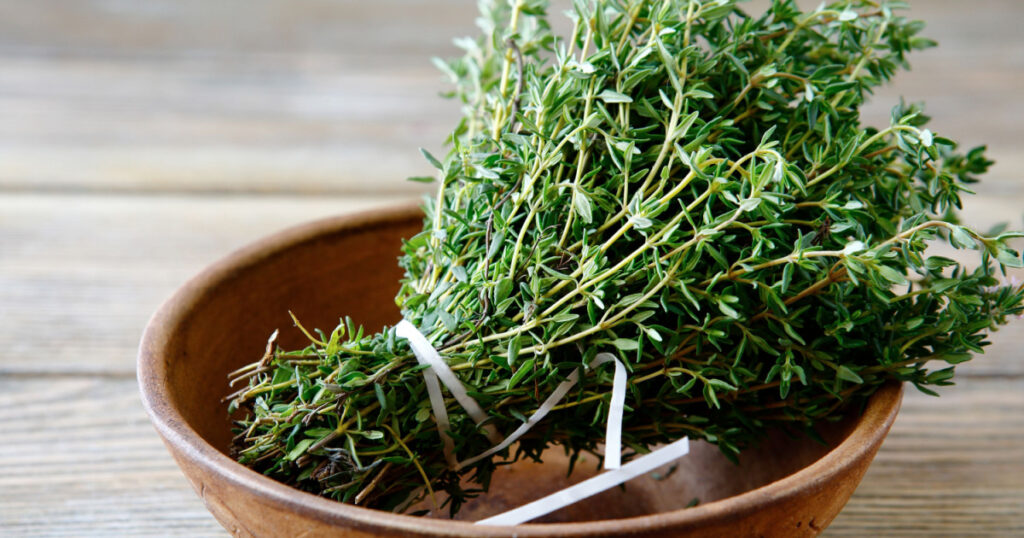
Thyme has powerful antibacterial and antioxidant properties that can be beneficial for toothaches. Dilute thyme essential oil with a carrier oil and apply it to the affected area. You can also make a mouthwash by adding a drop of thyme oil to water.
11. Toothache Plant
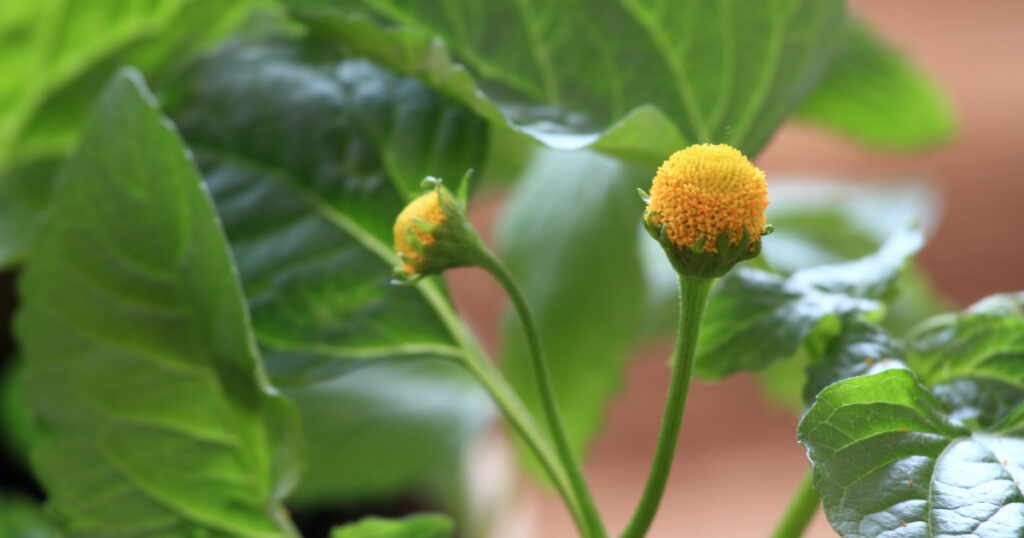
The toothache plant, scientifically known as Acmella oleracea, has anti-inflammatory properties and provides a numbing sensation when chewed. However, avoid using it if you have certain allergies, conditions, or are pregnant.
When to See a Dentist and Why
While natural remedies can provide temporary relief, sometimes it’s necessary to seek professional dental care. You should consider scheduling a dental appointment if:
- The toothache persists for more than a day or two.
- You experience fever, trouble breathing or swallowing, or general pain that worsens.
- Swelling occurs in the face or gums.
- Pain is present while biting or chewing.
- Your gums are abnormally red or have a foul-tasting discharge.
- You notice pus around the painful tooth.
A dentist can identify the underlying cause of the toothache and provide suitable treatment. They may conduct an examination and possibly take X-rays to diagnose the problem accurately. Prompt dental care is essential to prevent further complications and achieve long-term relief from toothache pain.
The Bottom Line
Remember, these natural remedies are not meant to replace professional dental care but can provide temporary relief until you can see a dentist. If you are pregnant, breastfeeding, or have any medical conditions, it’s important to consult your dentist before trying any herbal remedies.